Just when you thought you’d heard of all the THC variants, a new one enters the scene. Milder cannabinoids like Delta-8 and Delta-10 THC are delightful for those with a low tolerance or in states without legal weed. Yet, they leave something to be desired since they don’t quite pack the same punch as Delta-9 THC.
The newest THC variants to join the crew have a much bigger impact and are shaking up the hemp-derived cannabinoid market. Have you heard about THC-P yet? Supposedly, it’s the strongest cannabinoid yet discovered. Although research is still coming out, we’ve got plenty of info about THC-P, including how to buy some.
What Is THC-P?
THC-P is short for delta-9-tetrahydrocannabiphoral. It’s a phytocannabinoid that forms naturally in cannabis plants but only in trace amounts.
A group of Italian researchers discovered THC-P in 2019, but we are really just now starting to see it pop up more frequently. It hasn’t been studied on humans yet, but they conducted their initial research on human cells. Although THC-P is quite similar to Delta-9, it does have some potent differences. And by potent, we mean extra strength.
Cannabinoids work by binding to the body’s endocannabinoid receptors found within the endocannabinoid system. There are two primary receptors: CB1 and CB2. All THC variants prefer the CB1 receptors found in the brain and throughout the central nervous system.
What the researchers observed was that THC-P bonded to the CB1 receptors with a much stronger affinity than Delta 9—up to 33 times stronger. This happens because THC-P has longer alkyl side chains, containing seven carbons compared to Delta-9's five carbons. This added length means that THC-P attaches more securely to these receptors to offer an incredibly potent high.
How Strong is THC-P?
Just because THC-P is said to be 33 times stronger doesn’t mean that you will get 33 times higher. At some point, the body’s receptors must reach a limit of what they can process. Just like how taking too much Vitamin C will ultimately just flush through your urine, it’s thought that overindulging in THC-P all in one go may bypass certain receptors once they are ‘full.’
However, don’t be mistaken—THC-P has the ability to get you very, very stoned. Significantly more stoned than regular THC in similar amounts. If you are sensitive to THC, then you should go especially slow with THC-P. One hit of a THC-P vape pen might feel like ten hits of a Delta-9 pen, depending on the person.
Is THC-P Made in a Lab?
THC-P is a naturally occurring cannabinoid. However, because it’s found in such small quantities, it is usually manufactured in a lab. This is very similar to Delta-8 and some other alternative cannabinoids that require a series of extractions and conversions to obtain measurable amounts.
The process typically starts by extracting hemp for its high CBD content. CBD is a fairly versatile cannabinoid that is easily converted into Deltas 8 and 10 and also acts as a precursor for THC-P. It’s safe to assume that every THC-P product at this time started out as CBD.
THC-P Effects and Benefits
The effects will be similar to Delta-9, and users can expect to feel relaxed, sedated, and blissful, and a myriad of other medicinal benefits like
- Increased appetite
- Reduced muscle spasms
- Decreased physical tension
- Full body relaxation
- Euphoria, bliss, happiness
- Decreased insomnia
- Reduced inflammation
- Less stress and anxiety
Keep in mind that overconsuming THC-P will flip the script on anxiety, and you may end up feeling paranoia with too hefty of a dose.
Is THC-P Legal?
The 2018 Farm Bill legalized hemp for the mass market. That means anyone can obtain a hemp license to grow industrial hemp, and manufacturers could then extract, process, infuse and play with its cannabinoids and fibers to create an assortment of products. We mostly see gummies, pre-rolls, vape pens, and other weed-like items from the hemp industry. Yet, of course, you can infuse anything with hemp these days.
It might seem wild that you can legally buy something that so clearly gets you high, but that’s the case for THC-P. As long as it comes from hemp and not marijuana (and contains less than 0.3% Delta-9 THC), it is perfectly legal for sale and use by adults over 18 in most states.
How to Try THC-P
The most important thing to consider when shopping for alternative cannabinoids is the brand's trustworthiness. Do they offer test results? Can you talk to a real person? Is their website professional and includes product photos and ingredients? Plenty of shady shops are looking to get rich quick on the hemp market, so avoid the black market and suspicious sellers at all costs.
Dimo Hemp is a quality provider offering THC-P in blended vape pens. They check all the boxes for safety and transparency and have years of experience with hemp extraction and manufacturing. Their line of THC-P cartridges and disposables is worth the hype. Fancy yourself an edibles fan? Check out their THC-P gummies for a truly lifted experience.
No matter which route you take when trying THC-P, just remember that it’s a very strong cannabinoid. Start low and go slow.
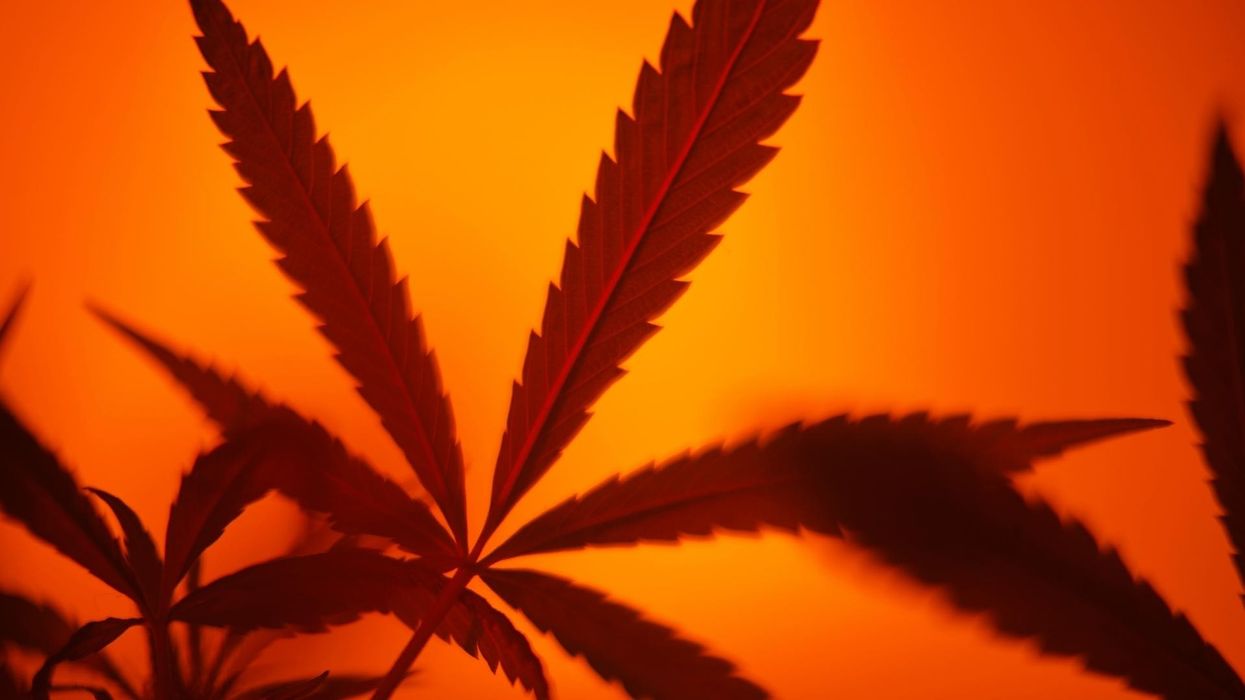

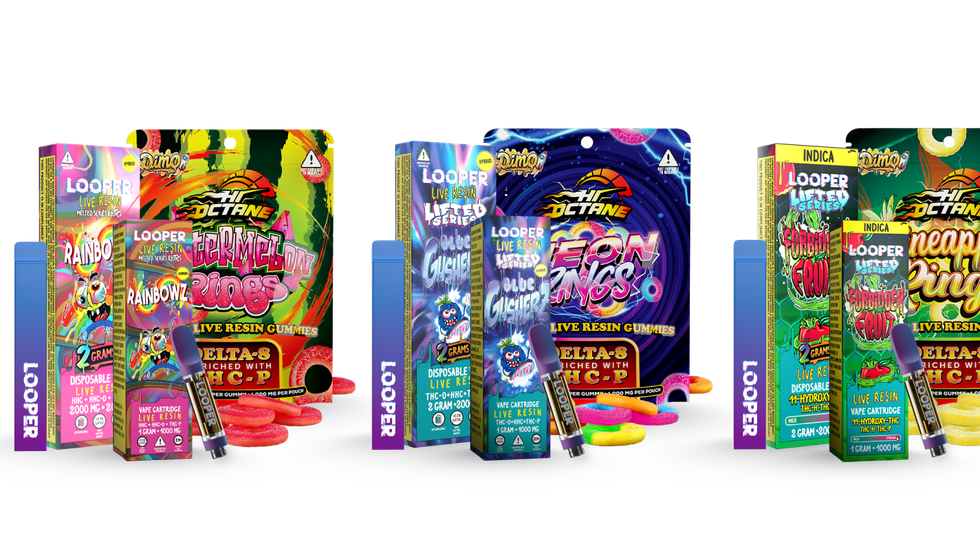





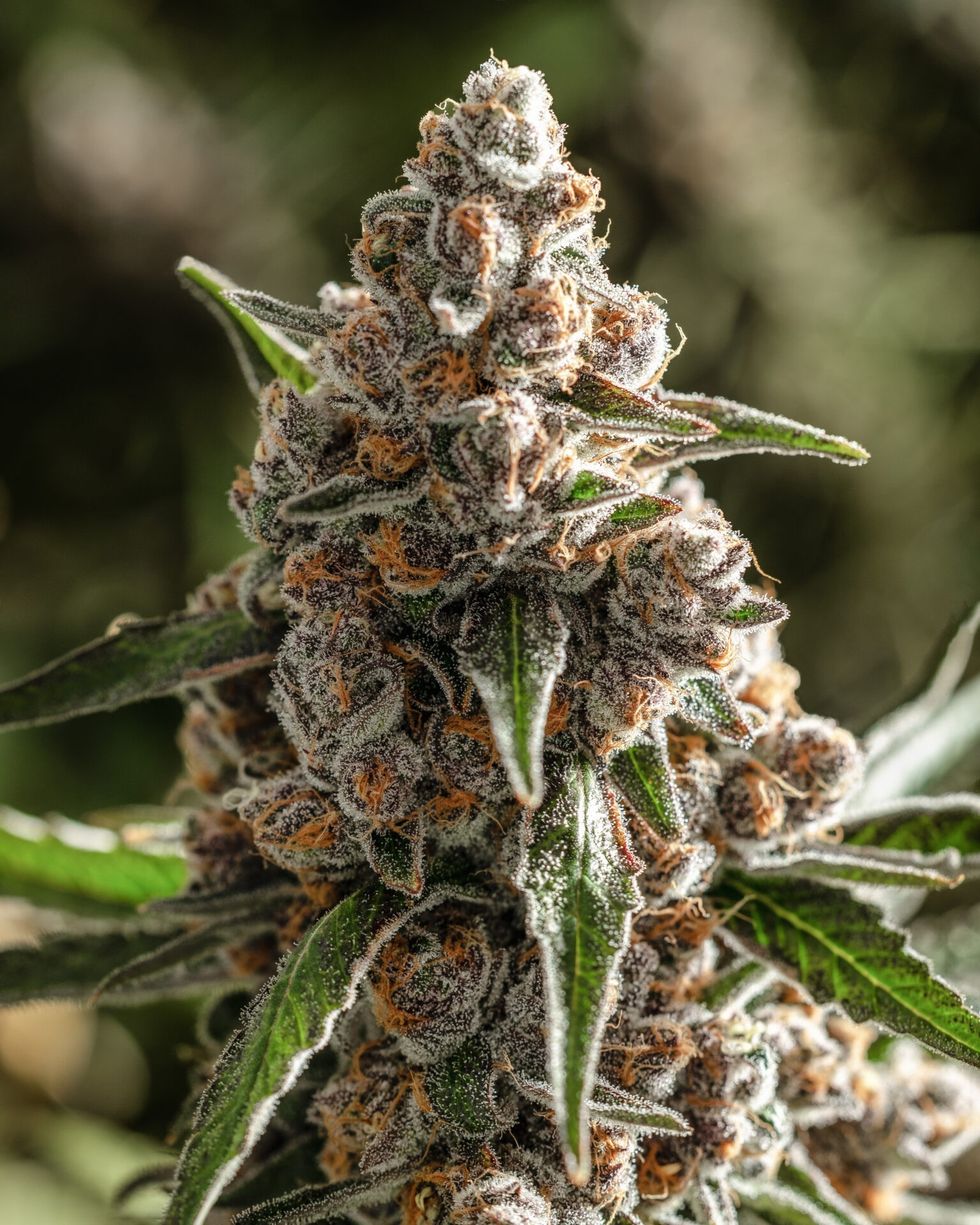 Super Boof Strain: 2024 Strain of the Year - The Bluntness
Super Boof Strain: 2024 Strain of the Year - The Bluntness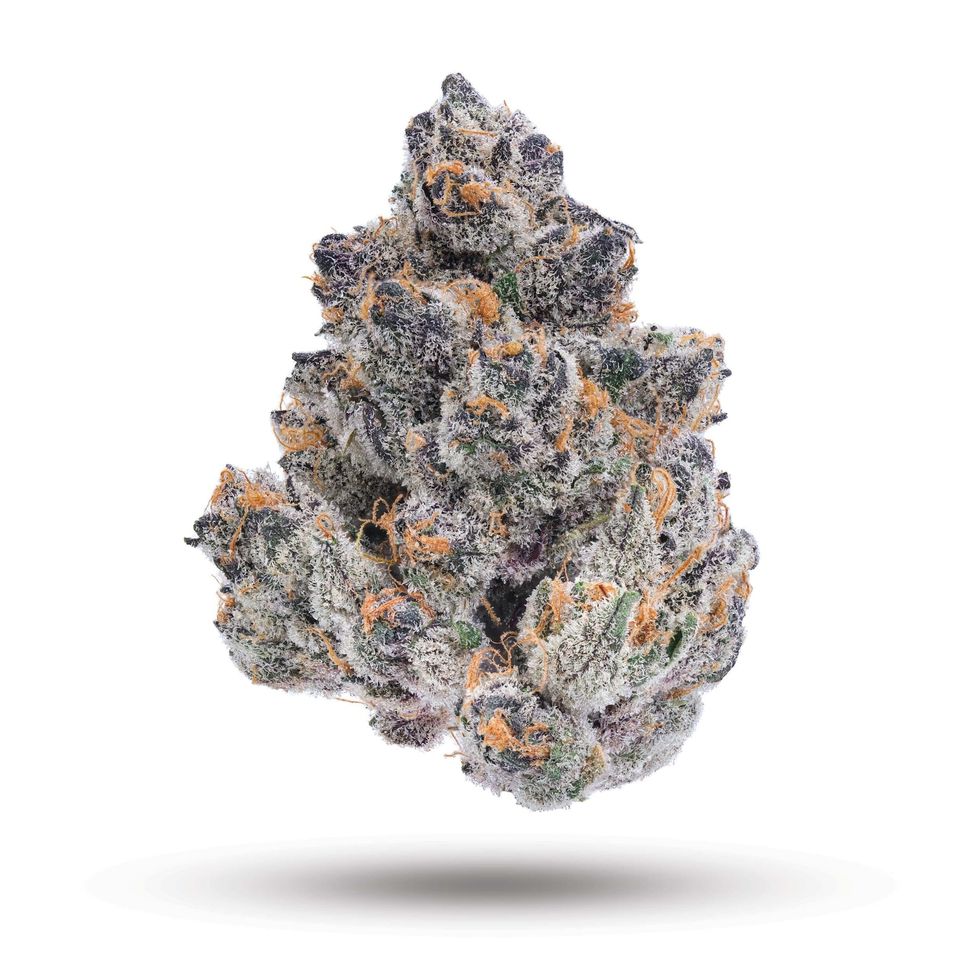 Super Boof Strain: 2024 Strain of the Year - The Bluntness
Super Boof Strain: 2024 Strain of the Year - The Bluntness





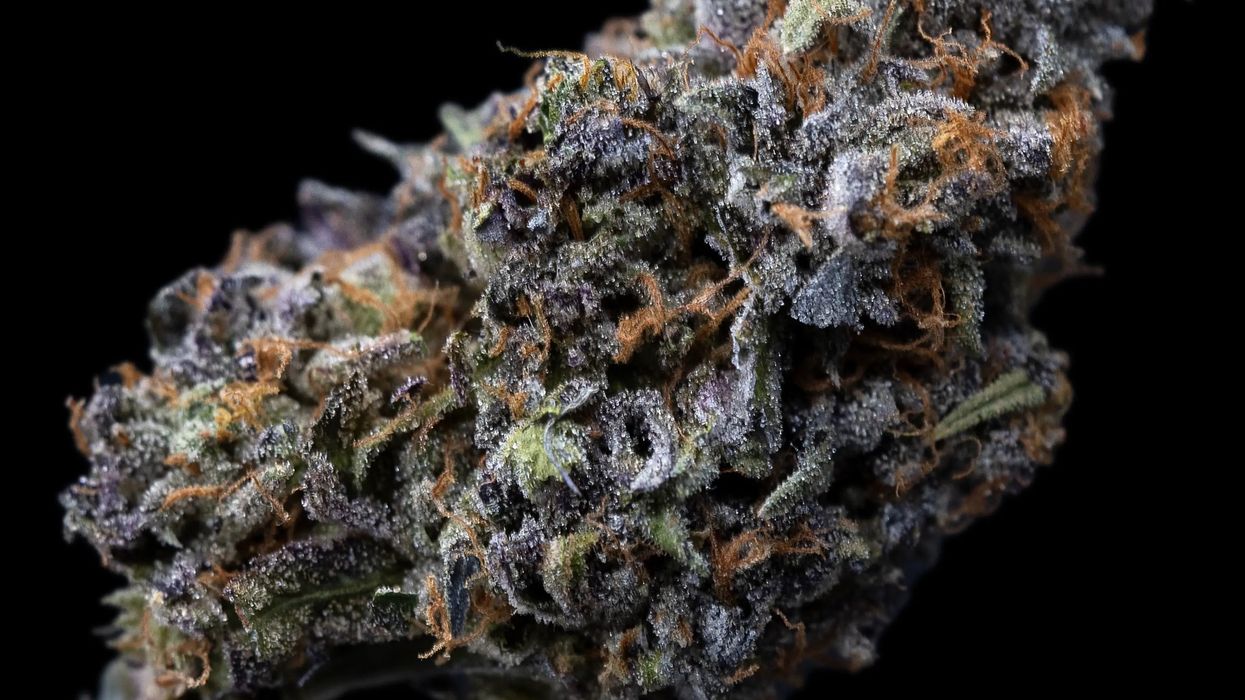
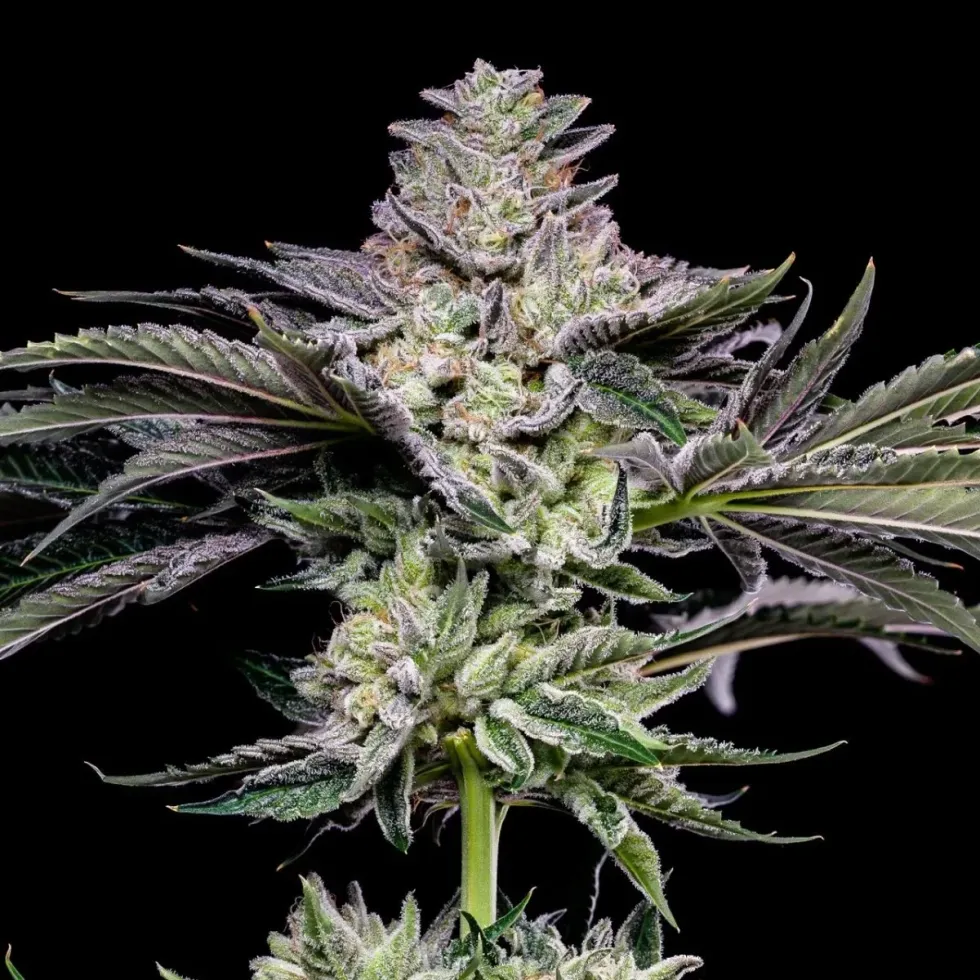 Gush Mints - The BluntnessPremium Cultivars
Gush Mints - The BluntnessPremium Cultivars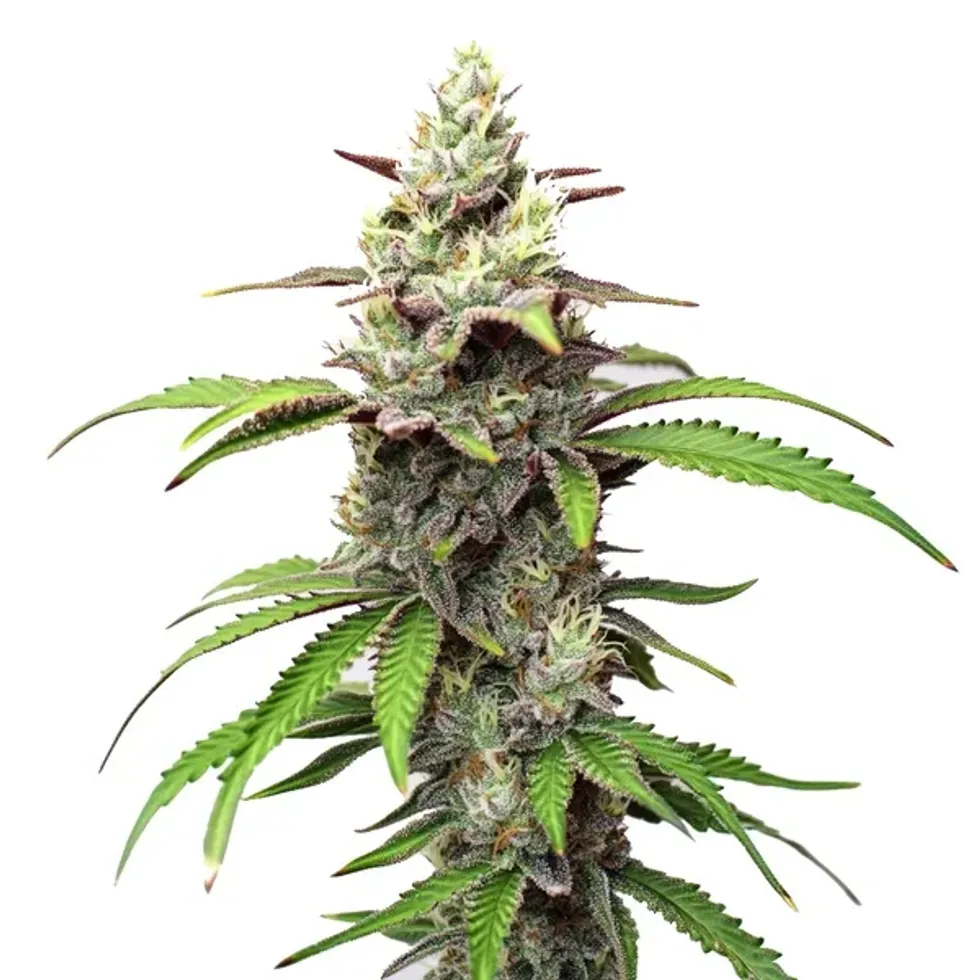 Gush Mints Strain Review - The BluntnessBlimburn Seeds
Gush Mints Strain Review - The BluntnessBlimburn Seeds
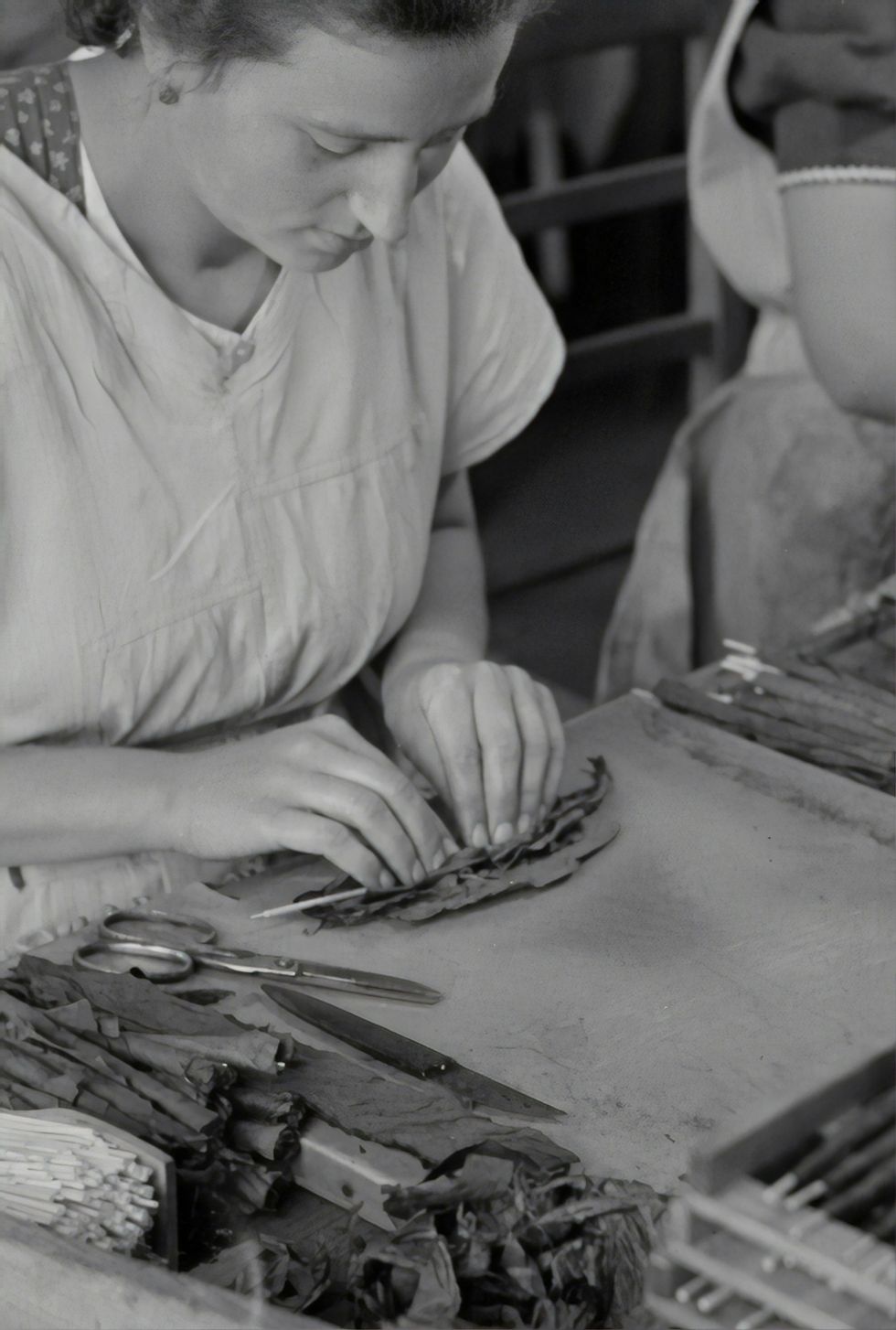 How to Make a Cannagar Without a Mold: A Comprehensive Guide - The Bluntness
Photo by
How to Make a Cannagar Without a Mold: A Comprehensive Guide - The Bluntness
Photo by 
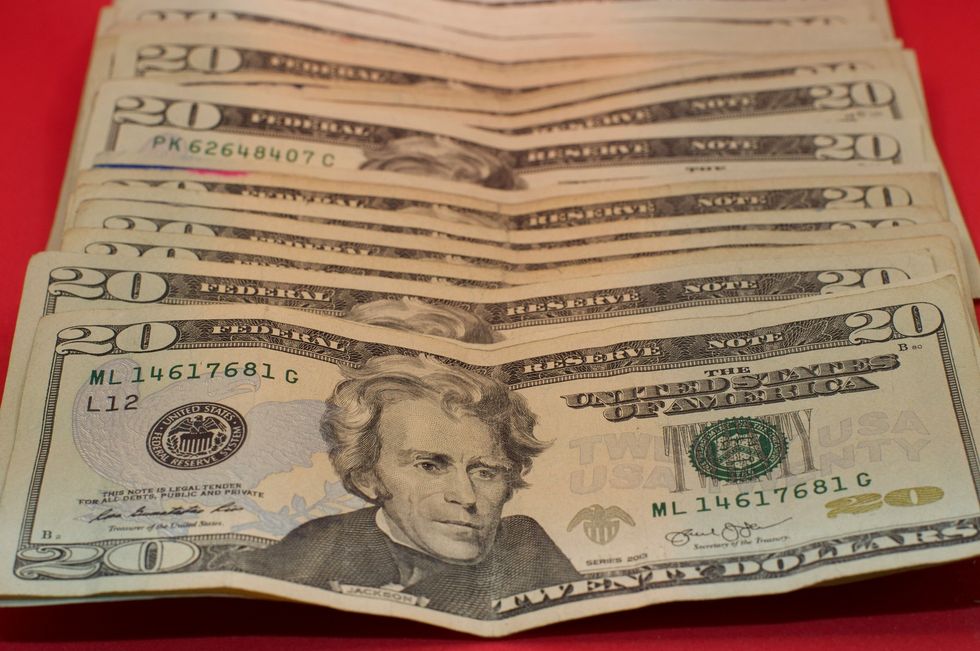 Who's Funding the Legal Cannabis Pushback? - The Bluntness Photo by
Who's Funding the Legal Cannabis Pushback? - The Bluntness Photo by 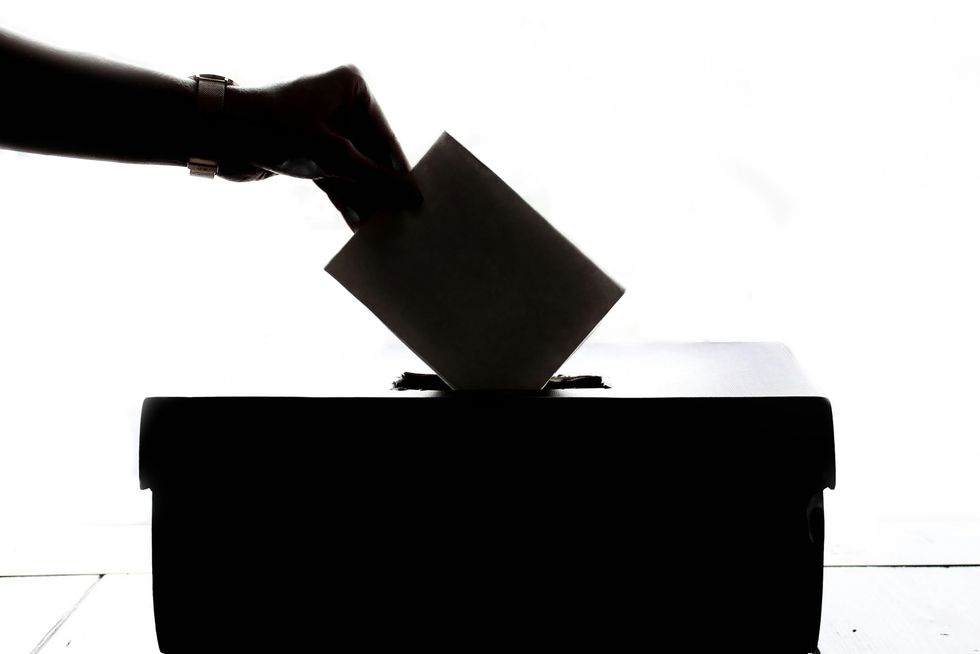 Getting involved is the best way to push back against cannabis rollbacks - The Bluntness Photo by
Getting involved is the best way to push back against cannabis rollbacks - The Bluntness Photo by 